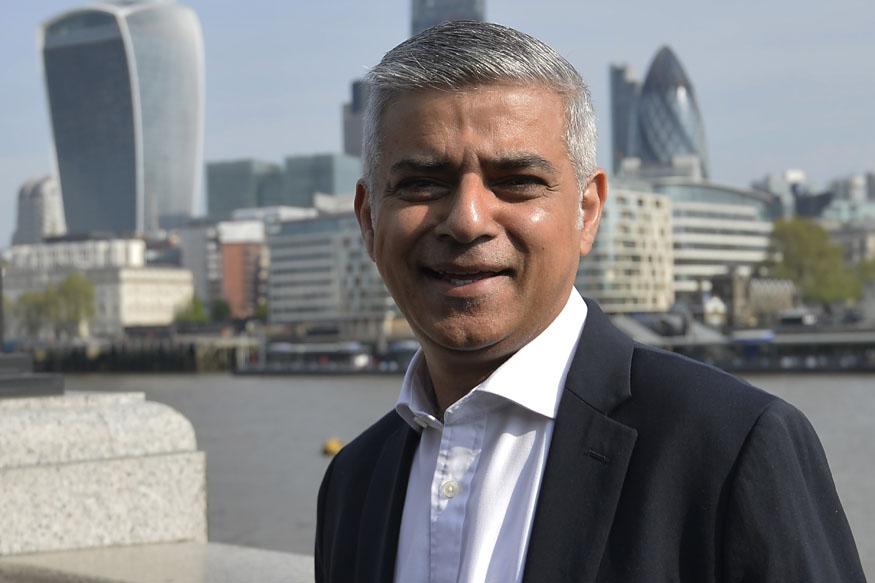CHINA WOULD LIKE TO PROJECT ITS POSITION AS ‘NEUTRAL’ WHEN IN REALITY IT IS ‘WORKING IN TANDEM WITH PAKISTAN TO STALL INDIA’S APPLICATION’
WASHINGTON DC: China and Pakistan are closely coordinating moves to block India’s entry into the Nuclear Suppliers Group (NSG). Beijing is using Pakistan’s Non Starter position with the NSG to block India’s application in the name of parity, stating that it would either support NSG entry for both India and Pakistan, or none of them.
Talking about the ChinaPakistan grand strategy to stall India’s admission into the NSG, US sources who work with the NSG said from all counts it does appear that China and Pakistan are coordinating to stop the Indian entry.
Sources pointed to the fact that when India sought an information session with the NSG Participating Governments (PGs) at the recent NSG Consultative Group meeting on April 25 and 26, where it would have made a formal presentation to the NSG Group in support of its membership, Pakistan requested for a similar discussion slot with the NSG PGs.
Sources said that even though Pakistan was fully aware that its request would be rejected, it made its application at the cue of China, in order for Beijing to look even-handed when it sought the rejection of both requests on grounds of parity. Providing an insight into the China-Pakistan plan to stall India, sources say that Pakistan is now going to write to all the NSG PGs about its wish to join the NSG. The Pakistani application, added sources, is “just a decoy” for China to reject both applications on grounds of parity. China knows that Pakistan does not stand a chance at the NSG, and most of the NSG states will reject Islamabad’s application.
By taking the lead in rejecting the Pakistani application along with that of India, China would like to project its position as “neutral” when in reality it is “working in tandem with Pakistan to stall India’s application”.
US sources are disappointed with the Chinese tactics of “using Pakistan’s non credentials with the NSG to settle scores with India”. Sources say that this strategy is not a secret and during Pakistan President Mamnoon Hussain’s visit to China in November 2015, China revealed its hand when it told President Hussain that if India is allowed to get NSG membership, China would ensure that Pakistan also joins the group.
The Chinese government told President Hussain that “if India is allowed to join the NSG and Pakistan is deprived of NSG membership, Beijing will veto the move and block the Indian entry”.
US sources have seen through China’s game of “either both or none” in the NSG. They say that India’s non-proliferation credentials can never be compared with Pakistan’s, as Pakistan has a history of “selling nuclear technology to rogue states such as Libya”. They point to the father of Pakistan’s nuclear bomb, Dr AQ Khan, and his global nuclear trade.
Also the West fears that Pakistan’s nuclear weapons, especially the tactical version that it is now in the process of developing, can easily find their way into the hands of terrorists, as Pakistan’s nuclear command is extremely vulnerable to penetration by Islamic hardliners.
Sources say that China is aware of this situation, and is mindful of the fact that Pakistan can never be considered for membership in any global nuclear club, but that won’t stop China from using Pakistan as a “parity token to stop India which is emerging as China’s competitor”.







































































